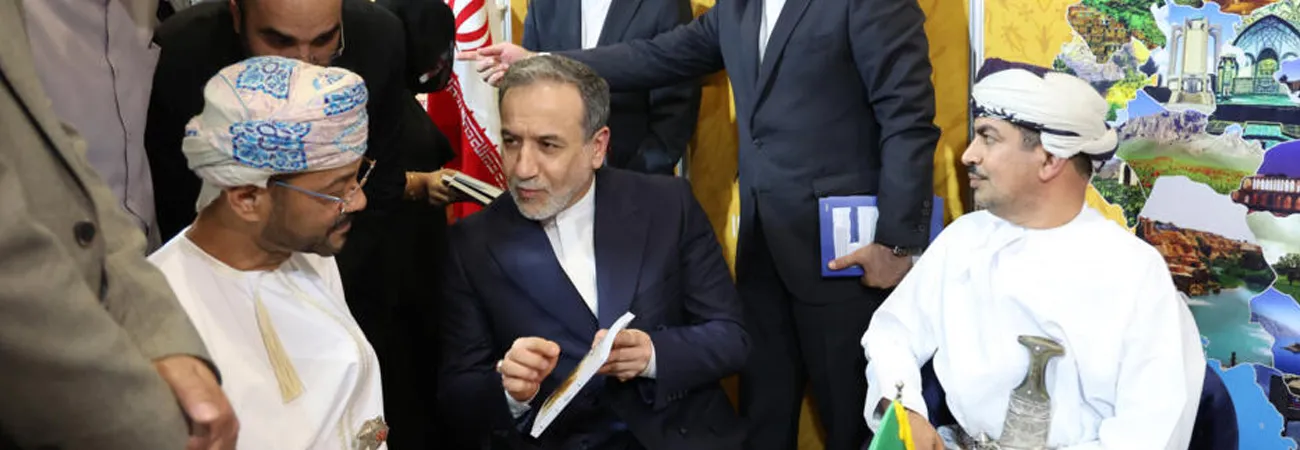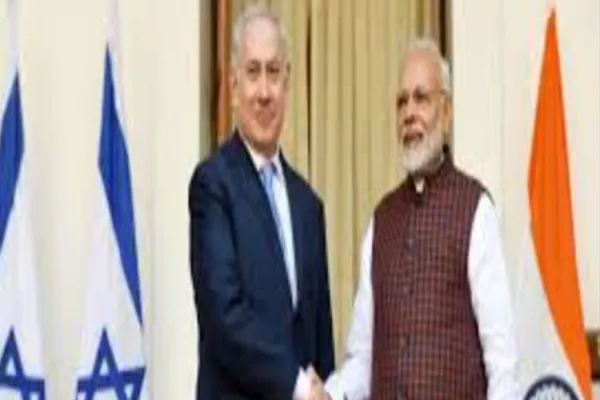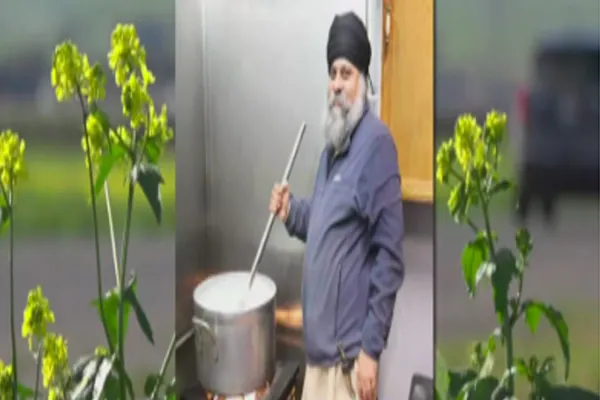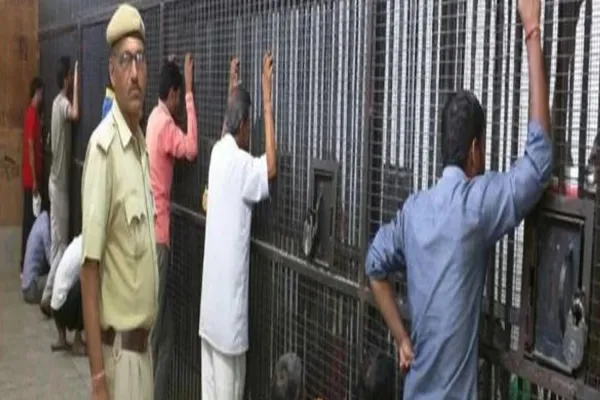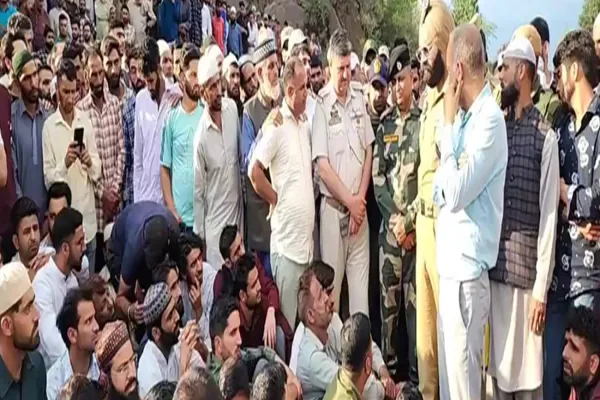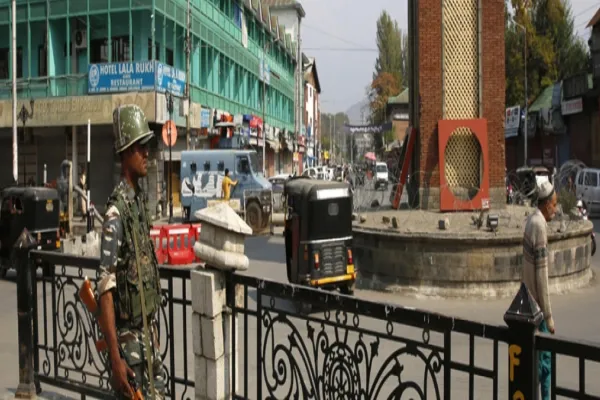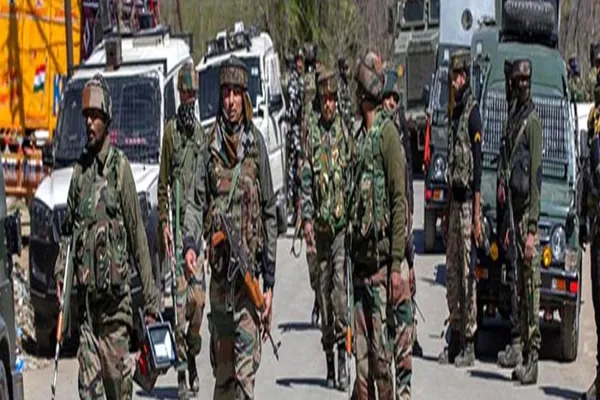i NEWS INTERNATIONAL
The United States and Iran were to hold a fresh round of technical and high-level nuclear negotiations in Oman on Saturday, after both sides reported progress in previous meetings. Iran's Foreign Minister Abbas Araghchi, leading Tehran's delegation, arrived in Muscat on Friday ahead of the mediated talks, with US Middle East envoy Steve Witkoff expected to head the American side. Araghchi expressed "cautious optimism" about the process this week, saying that "if the sole demand by the US is for Iran to not possess nuclear weapons, this demand is achievable".
But if Washington had "impractical or illogical demands, we will naturally encounter problems", he added. US President Donald Trump, in an interview published Friday by Time magazine, meanwhile reiterated his threat of military action if a deal fell through, but also suggested he was optimistic about an agreement, saying he "would much prefer a deal than bombs being dropped". The technical talks will come first, followed by the high-level negotiations.
Michael Anton, the State Department's head of policy planning, will lead Washington's expert-level delegation, while deputy foreign ministers Kazem Gharibabadi and Majid Takht-Ravanchi will lead Tehran's, according to Iran's Tasnim news agency. Iranian foreign ministry spokesman Esmaeil Baqaei said Friday that the new talks, like the previous rounds in Muscat and Rome the past two Saturdays, would be mediated by Omani Foreign Minister Badr Albusaidi.
Baqaei wrote on X that Iran's delegation aimed to secure its "lawful right to use nuclear energy... while taking reasonable steps to demonstrate that our program is entirely peaceful". The "speedy" termination of sanctions is also "a priority", he added. The recent negotiations are the highest-level engagement between the long-time foes since Trump withdrew during his first term from a landmark 2015 nuclear accord that offered Iran sanctions relief in return for curbs on its nuclear programme.
Since returning to office in January, Trump has reinstated his "maximum pressure" policy of sanctions against Tehran. In March, he wrote to Iran's supreme leader Ayatollah Ali Khamenei proposing talks, but also warning of potential military action if diplomacy failed. On Tuesday, Washington announced new sanctions targeting Iran's oil network -- a move Tehran described as "hostile" ahead of Saturday's talks.
Western nations, including the United States, have long accused Iran of seeking to develop nuclear weapons -- an allegation Tehran has consistently denied. Iran maintains its nuclear programme is strictly for peaceful purposes. On Wednesday, UN nuclear watchdog chief Rafael Grossi called on Iran to explain tunnels built near its Natanz nuclear site.
The Institute for Science and International Security released satellite imagery that it said showed a new, deeply buried tunnel alongside an older one. The Washington-based think-tank also noted construction of a new security perimeter. "We're asking them, what is this for? They are telling us, it's none of your business," Grossi told reporters. He added it "cannot be excluded" that the tunnels could store undeclared material, but he did not want to speculate.
Credit: Independent News Pakistan (INP)



